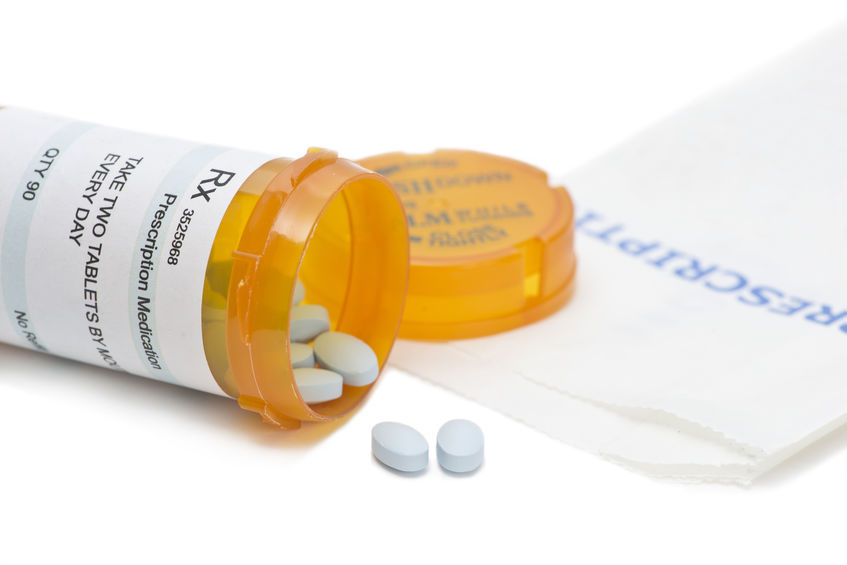When used perfectly, the birth control pill is 99% effective at preventing pregnancy. Even the typical success rate, factoring in women who don’t always use it flawlessly, is 91%. That’s an average of only 9 in 100 women who get pregnant each year while using the pill. Especially considering how convenient and safe birth control pills are, those are pretty good odds.
Of course, no contraceptive is 100% effective unless you consider abstinence a form of contraception. So, what accounts for those 9% of women each year who are using the pill but still get pregnant? Well, there are a few reasons why your birth control pill could fail.
1) Human Error
The number one cause of birth control pill failure is using it incorrectly. Most birth control pills need to be taken every day for maximum protection. The reason for this is to keep your hormones at a consistent level for pregnancy protection. If you miss a pill, you throw your hormones off balance and increase your chances of becoming pregnant. When taking the progestin-only pill, you also need to take it at the same time each day (within a 3-hour window) for the same reason.
2) Improper Storage
Some women aren’t aware that birth control pills need to be stored in a dry location at room temperature. Extreme temperatures and frequent temperature fluctuations make the pill less effective, leaving you more vulnerable to unplanned pregnancy. Avoid keeping your pills in places like your medicine cabinet, where temperatures and humidity levels change frequently when someone uses the shower, or your car, where the temperature can reach extreme highs and lows very quickly.
3) Other Medications

Certain medications have been known to interfere with birth control and decrease its effectiveness. These medications include:
- Select antibiotics
- Antiviral HIV medication
- Antifungals
- Epilepsy or migraine medications
- Mood stabilizers
- Select herbal remedies (St. John’s Wort, Saw
Palmetto, etc.)
Before you start birth control, you should consult with your doctor about which methods will work best for you if you’re taking any of the above or other medications regularly. If you’re using the pill and taking one of these medications temporarily, just be sure to use backup contraception for the duration you’re on it and for 48 hours after you take your last dose.
4) Certain Illnesses
Any acute illnesses or chronic conditions that prevent your body from fully absorbing your birth control pill can put you at higher risk for pregnancy, even if you use it perfectly. If you vomit within two hours of taking your pill, your body most likely has not had enough time to absorb enough to be effective. In these cases, you should take your next active pill. You may also face the same issue if you experience severe or frequent vomiting or diarrhea. For this reason, women who have digestive disorders that cause consistent vomiting or bowel issues—Irritable Bowel Syndrome, Crohn’s Disease, Ulcerative Colitis, etc.—may want to explore alternative options for contraception.
5) Obesity
Having a high body weight or BMI can affect the rate at which you metabolize your birth control pills. If you metabolize it too quickly, you may not have enough left of the pill in your bloodstream for it to do its job. If you’re obese or know you have a high metabolism, you should talk to your doctor about whether or not birth control pills will be effective for you.
At South Avenue Women’s Services, we are proud to offer several different birth control options for women wanting to prevent pregnancy or take advantage of their other benefits. From the pill to the patch to IUDs and condoms, our medical professionals can answer all of your questions and get you started with whichever method is best for you and your reproductive needs.
Call us today at (585)271-3850 to schedule an appointment to discuss your options for birth control!

